10 Hot Emerging Vendors For October 2010

Ready For Primetime
Step right up and get what may very well be your first look at 10 hot new IT vendors that are exploding onto the scene. Each month CRN profiles 10 new vendors that are looking to shake up the industry in various technology segments, from security to cloud computing, from software to hardware.
These startups know the importance of the channel and are looking to align with valued channel partners to get their names and products out.
Take a look and get introduced to 10 vendors that are ready for prime time.
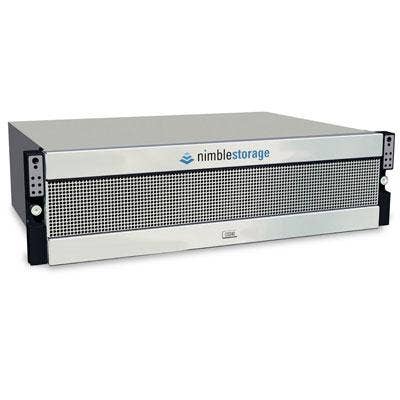
Nimble Storage
Company: Nimble Storage
Tech Sector: Storage
Key Product: CS-series storage appliances
The Lowdown: Nimble Storage, San Jose, Calif., this summer came out of stealth mode with its CS-series of storage appliances which combine high-performance Flash memory and low-cost SATA drive technologies to handle primary, backup and disaster recovery tasks in a single device. The arrays compress data as it is inputted using variable-sized data blocks which are then combined into larger data sets and written to Flash memory for high-performance access of "hot" data.
All data, including up to 90 days of data snapshots, is stored on SATA drives for fast recovery without a separate backup device. Data can be replicated to another Nimble appliance over a WAN for disaster recovery.
Nimble was founded by two former Data Domain executives, and works exclusively through solution providers.
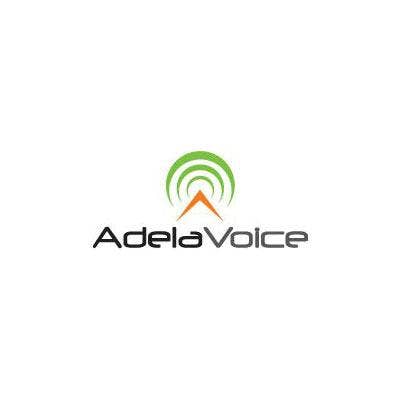
AdelaVoice
Company: AdelaVoice
Tech Sector: Mobile Communications
Key Product: StartTalking
The Lowdown: StartTalking makes texting-while-driving 100 percent hands-free and eyes-free, thereby helping to reduce distracted driving while using a mobile phone. Users just start talking to a mobile phone and StartTalking turns words into text and sends the message. The downloadable app is free, but right now it is only available for Google Android phones. In addition, AdelaVoice Conversation Services technology lets applications and devices ’converse’ with their owners, determine their intent and act on it. Application developers and device manufacturers can incorporate this technology for totally hands-free and eyes-free voice interaction into their products and services. The company was founded this year.
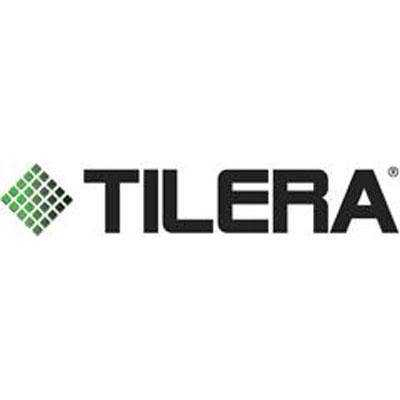
Tilera
Company: Tilera
Tech Sector: Semiconductors
Key Product: Tile64, Tile-GX
The Lowdown: Although it was founded in 2004, Tilera’s roots go back to 1990 at MIT, where Dr. Anant Agarwal led a project called Alewife. The effort behind the project was to create a scalable multi-processor system using large numbers of single-chip processors. Years later, Agarwal started a follow-up project that used mesh technology to connect multiple cores, which created the world’s first 16-processor multicore processor. After proving the effectiveness of the mesh technology, Agarwal founded Tilera.
By 2007, Tilera launched its first products: The Tile64 processor and accompanying Multicore Development Environment. Through its iMesh architecture, Tilera’s multicore processor essentially combines a group of single, general purpose processors in a tile-like system (hence the name ’Tilera’) which then are able to communicate and work together in scalable system. Tilera, which launched its third-generation processor family in 2009 with Tile-GX, is positioning its products as a key solution for cloud computing servers that require a flexible architecture but with less space and power requirements than traditional servers.
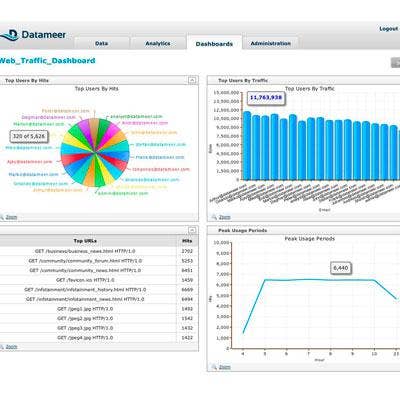
Datameer
Company: Datameer
Tech Sector: Software
Key Product: Datameer Analytics Solution
The Lowdown: The amount of data generated and stored by businesses is doubling every three years. Throw in the fact that data is a mix of structured and unstructured information, often scattered across disparate IT systems, and you have a serious challenge for any company with a business intelligence project.
The Datameer Analytics Solution from startup Datameer combines Apache Hadoop, the open-source framework for building data-intensive distributed applications, with a spreadsheet interface that helps business users run analytics against very large data sets – structured and unstructured data from multiple sources – with no programming. The software became generally available last month after completing beta tests.
While analyzing "big data" used to be a big-company problem, small and mid-size companies now face similar challenges given that the low cost of commodity storage makes collecting huge volumes of data economically feasible for SMBs, said Ajay Anand, vice president of products and business development. While sales of Datameer, which was founded in 2009 and is based in San Mateo, Calif., have traditionally been direct, Anand said the company is now recruiting resellers.
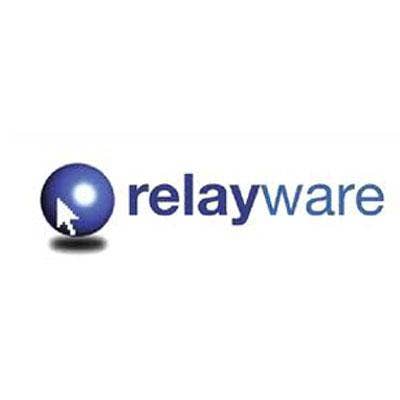
RelayWare
Company: RelayWare
Tech Sector: Cloud Computing Software
Key Product: RelayWare
The Lowdown: RelayWare creates a new niche in the cloud. It's thought process is: Who is managing the partnerships that make indirect sales channels successful? RelayWare isn't just concerned with the IT channel, but in all industries and channels. The company has developed a SaaS and cloud-based software it calls Partner Relationship Management (PRM). PRM uses the same basic tenants of CRM, but applies it to partners instead of customers. PRM software sits alongside CRM software, RelayWare CEO Mike Morgan said.
The software, also called RelayWare, is designed for any company with an indirect sales channel. It simplifies the channel sales model by providing centralized communication, management and reporting activities to support partner sales, marketing and program management activity. The software is available through various modules that let companies automate sales processes and ease partner recruitment, engagement and management, the company said. It automates partner lifecycle management and creates a consolidated partner database.
Redwood Shores, Calif.-based RelayWare was founded in 2007 and launched in the U.S. in 2010. The company is currently recruiting channel partners.
"Any business with indirect sales channels struggles with the same business issues," Morgan said.
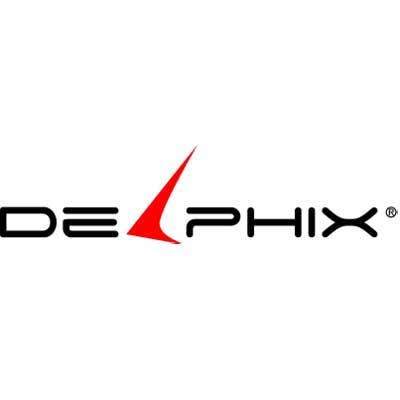
Delphix
Company: Delphix
Tech Sector: Software/Virtualization
Key Product: Delphix Server
The Lowdown: Delphix, founded in 2008, develops database virtualization software that helps turning structure data and its supporting infrastructure into software that operates in a fraction of the storage space, while preserving full functionality and performance, according to the Palo Alto, Calif.-based company. The company's Delphix Server solution consolidates storage and reduces database provisioning and refresh times from days to minutes, according to the company and adds zero impact to production systems through its synchronization technology.
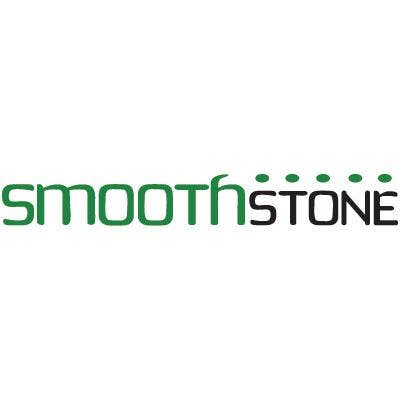
Smooth-Stone
Company: Smooth-Stone
Tech Sector: Hardware/Chips
Key Product: ARM-based server chips
The Lowdown: Smooth-Stone was founded in 2008 and is taking a different approach than most chip startups. Smooth-Stone, based in Austin, Texas, takes the chip architecture commonly used in mobile phones and tweaks it to create chips for servers and data centers that the company bills as high-performance and low-power. Leveraging ARM architecture and tools, the Smooth-Stone keeps an eye toward green data centers and combats space and energy consumption concerns by designing around power considerations and performance.
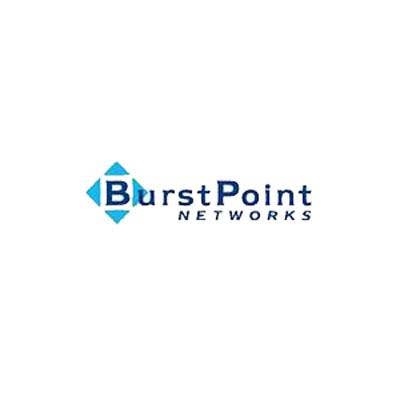
BurstPoint Networks
Company: BurstPoint Networks
Tech Sector: Networking
Key Product: VCP Manager
The Lowdown: Based in Westborough, Mass., and with about 50 customers at launch, BurstPoint's lead offering is its IP-based Video Communications Platform (VCP), which, using a number of different products and services, converts enterprise video content for seamless management and distribution. The company, which was founded this year and officially emerged from stealth mode in mid-September, is attempting to address a core problem with many video streams: Different streaming technologies, different end points and different video codecs aren't always compatible, meaning it's not easy for enterprises to manage, manipulate and stream their video content the way they'd like to.
Entry level packages begin at about $30,000. BurstPoint is backed by Windspeed Ventures, and built its technology in part by acquiring some of the assets of now-defunct Starbak Communications.
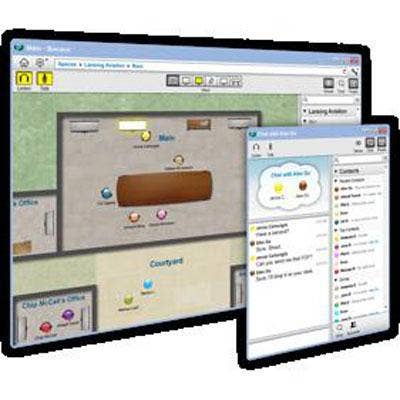
Sococo
Company: Sococo
Tech Sector: Networking
Key Product: Team Space
The Lowdown: Sococo, a Mountain View, Calif.-based startup, is adding a new wrinkle to the virtual office, one it believes will appeal to businesses with distributed workforces. The company's first commercial service, called Team Space, organizes employees in a virtual office that's segmented by desks, conference rooms and personal spaces.
Ken Colgan, executive vice president of Sococo, describes Sococo as a Web-based "social platform" through which users interact via voice, instant messaging and document sharing. Although it Sococo is similar in some ways to Webex and Skype, Colgan says it represents a new approach to business collaboration.
"There's something wrong with the way collaboration technology works today. We're still relying on the 10 digit phone number to find people, and that's complicated," Colgan said. "We're trying to provide a very immersive communications experience that allows you to be aware of the people you're with."
Sococo is about to end its beta phase for Team Space and will launch the commercial version in a matter of weeks, Colgan said. "Our cost model is likely to be so competitive that we will put serous strain on competing collaboration services," he said.
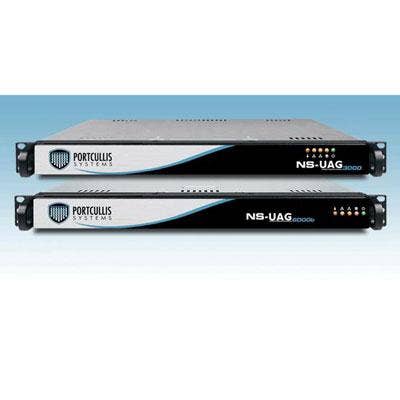
Portcullis Systems
Company: Portcullis Systems
Tech Sector: Security
Key Product: Unified Access Gateway
The Lowdown: Marlborough, Mass.-based Portcullis Systems prides itself its ability to cater to mobile workers and the trend of consumer devices in the enterprise, enabling secure access to almost any enterprise application.
Specifically, its flagship Unified Access Gateway appliance leverages a Microsoft partnership to provide mobile workers the ability to securely access any application without having to deal with creating and maintaining VPN connections. By the same token, the UAG enables customers to change, limit or block access to any application for unauthorized users.
Check out the complete list of CRN's emerging vendors.